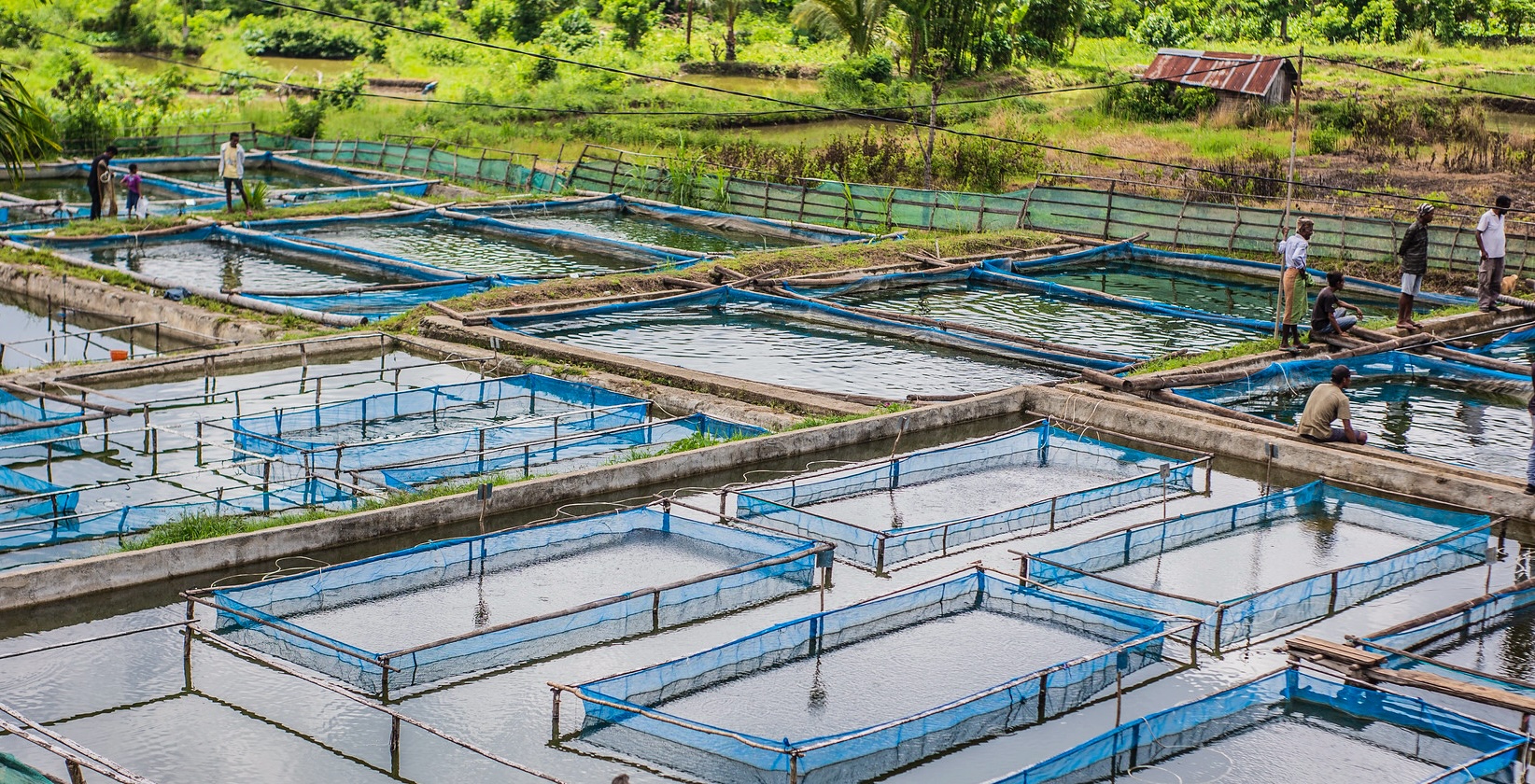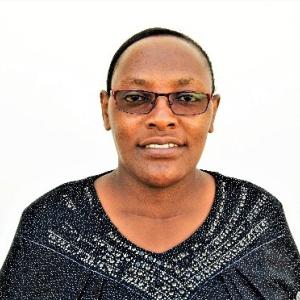The Challenge
Half of the fish consumed in the world comes from aquaculture, and the demand for aquatic foods is rapidly growing. Our food systems require a specific set of innovative tools and solutions to achieve effective transformation to meet the food and nutrition needs of a growing global population amid climate change.
WorldFish is at the forefront of aquatic food biosciences, pioneering research that drives the efficiency and sustainability of food production within the delicate balance of our ecosystems. Our research provides climate-adaptive and localized solutions so countries can achieve a sustainable and resilient nutri-dense food supply.
Through research and collaboration with local and global partners, we're enhancing the productivity and sustainability of aquatic foods to meet the global challenges of today and tomorrow amid a rapidly changing climate.

Our Approach
Our research currently focuses on the key species of tilapia, carp, catfish, and small indigenous fish in Asia and Africa, which collectively cover over 28% of global aquaculture, and therefore, strategic to drive impact. By targeting indigenous species and those lower in the food chain with established markets, we ensure our research has immediate and scalable benefits. Our emerging and future research areas include seaweeds, bivalves, molluscs, and other aquatic foods that could be instrumental in climate change mitigation and adaptation.
Our Aquatic Food Biosciences research spans four critical disciplines for sustainable and resilient aquaculture: Aquatic Genetics, Aquatic Animal Health, Aquatic Animal Nutrition, and Aquatic Farming Practices.
Aquatic Animal Genetics
WorldFish uses advanced genomics techniques to deliver innovations that conserve valuable natural genetic resources while enabling sustainable development of aquaculture that increases productivity and profitability for small-scale fish farmers. Our genetics research is making breakthroughs in developing strains of fish that grow quickly, use feed efficiently, are disease resistant and possess traits to withstand climate change. We leverage cutting-edge technologies and collaborate with industry partners for rapid, large-scale dissemination of quality seed of the improved fish to countries. Our main areas for genetics research are:
- A selective breeding program for better performing tilapia or GIFT, our globally acclaimed innovation
- Genetic improvement for polyculture systems with carp species
- African catfish breeding program
Aquatic Animal Health
Addressing the disease burden in intensive fish farming systems, our Aquatic Animal Health research adopts a One Health approach, which considers the interconnectedness of animal, human, and environmental health. We develop diagnostic tools such as Lab-in-a-Backpack, farm-level biosecurity guidelines and better aquaculture management practices to help fish farmers prevent and control fish diseases and mitigate antimicrobial resistance, enabling countries to enhance the overall health of their aquatic food systems. Further, WorldFish develops digital tools such as Epihealth Survey Tool to better manage risk and fish epidemiology.
Aquatic Animal Farming Practices
Integrating the benefits of genetics, health, and nutrition research, our Aquatic Animal Farming Practices research pilots and validates the best combinations of technologies for specific farming environments. Through performance data and end-user engagement, we're scaling up technologies for more diverse, nutrition-sensitive, and climate-resilient farming practices.
Aquatic Animal Nutrition
The Aquatic Animal Nutrition focuses on developing sustainable feeds for aquaculture using local ingredients. This includes rigorous research into digestibility, nutraceuticals, and the formulation of feeds that cater to improved fish strains. A key goal is an open source FeedBase Formulator that will enable smallholder and commercial feed millers to formulate, sustainably produce, and make available locally produced, nutritious, cost-effective feeds for different life stages of fish, using local ingredients.















